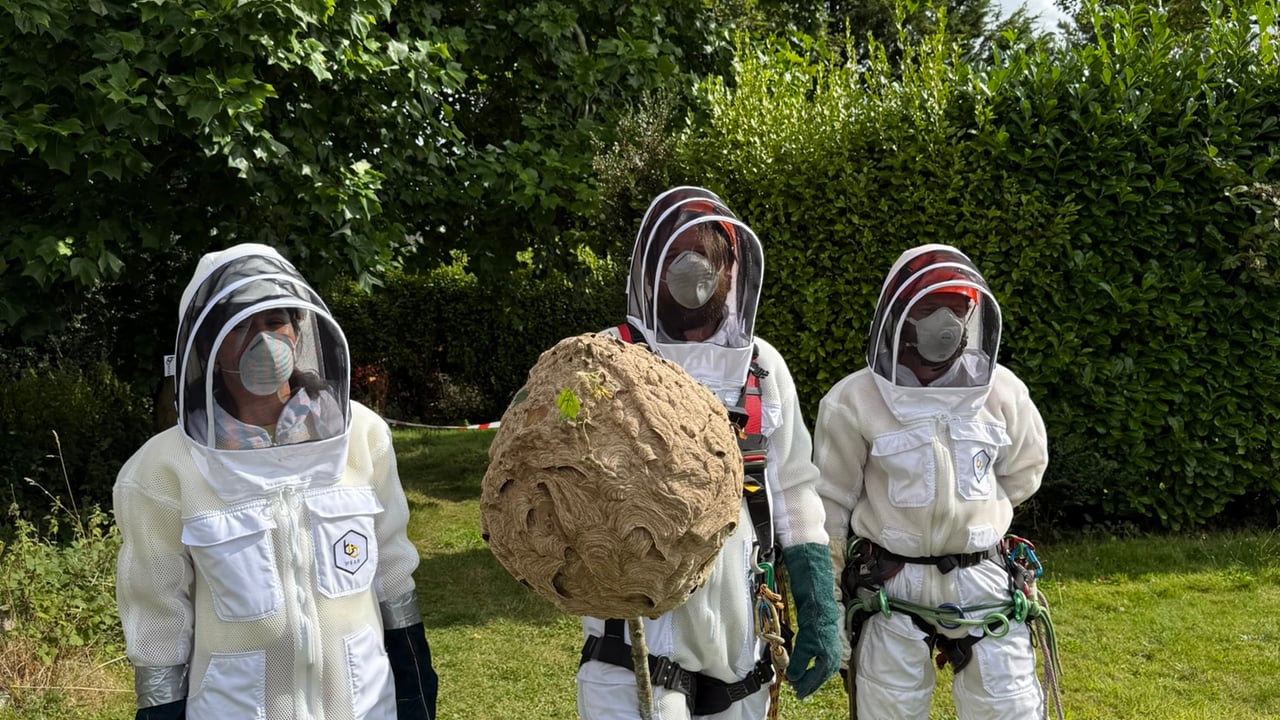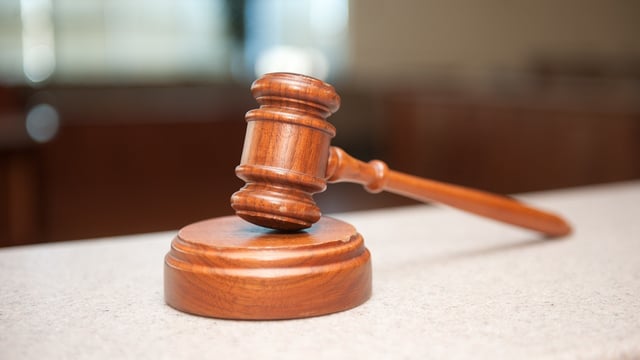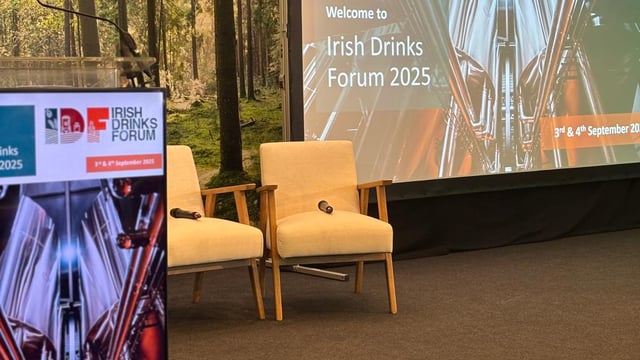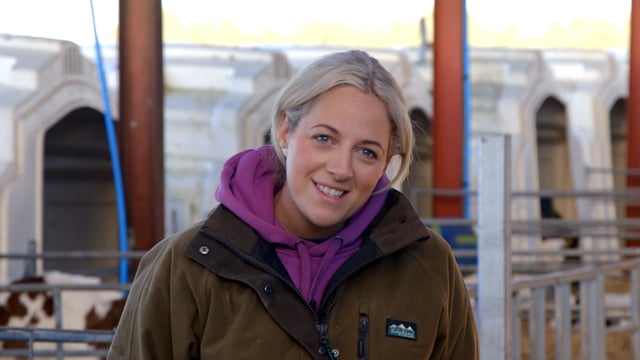NPWS completes removal of Asian Hornet nest in Cork city
The National Parks and Wildlife Service (NPWS) has today, (Friday, September 5) completed the safe control and removal of an Asian Hornet nest from a site in Cork city.
This is the first instance of a nest in Ireland, which posed a risk to native pollinators and commercial bee hives in the area.
However, the minister said that he is aware of reports of further sightings of the Asian Hornet, and has reassured the public that each of these is taken very seriously and investigated thoroughly when reported.
Further sightings of the Asian Hornet have been confirmed in Co. Cork, and an individual sighting in Dublin has also been verified.
Intensive surveying and track and trace activities are being conducted, to investigate evidence of further activity.
Minister of State for Nature, Heritage and Biodiversity, Christopher O’Sullivan TD said: "Since the first confirmed sighting of an Asian Hornet in the Cork city area, just over a month ago, the NPWS has been working tirelessly with experts from the NBDC (National Biodiversity Data Centre), NMI (National Museum of Ireland) and with local beekeepers to locate a nest.
“Removing the nest today was a challenging, complex operation, conducted by NPWS officers for the first time in Ireland."
"I would like to pay tribute to the team of experts involved for their skill and speed in removing it safely. I would also like to thank members of the public and local businesses in Cork city for their co-operation and support over the past few weeks," the Minister of State added.
Asian hornet
The nest was removed under strictly controlled conditions, following international best practice, according to the NPWS.
Director of EU and international affairs at NPWS, Áinle Ní Bhriain said: "Removing the nest safely was the primary objective of today’s operation. The nest has now been transferred to the National Museum of Ireland for examination, as this is the first example of an Asian Hornet nest in Ireland.
"Studying it will provide insights about its origins. We have learned a huge amount about effective responses from this initial phase, drawing from international best practice to track and control Asian Hornet nests," Ní Bhriain added.





